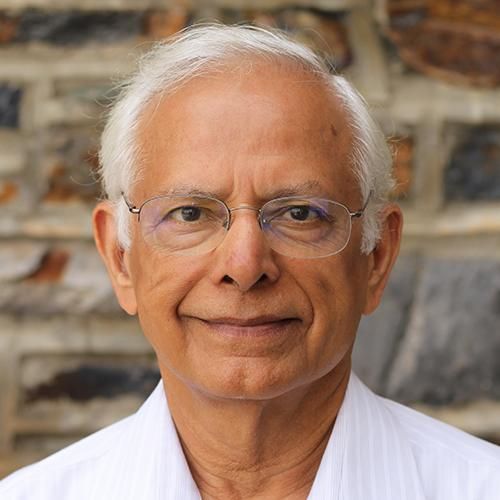
Call admission control for reducing dropped calls in CDMA cellular systems
Call admission control (CAC) algorithms that reduce dropped calls in code-division multiple access (CDMA) cellular systems are discussed in this paper. The capacity of a CDMA system is confined by the interference of users from both inside and outside of the target cell. Earlier algorithms for CAC are based on the effective traffic load for the target cell if one call is accepted. These algorithms ignore the interference effect of the to-be-accepted call on the neighboring cells. In our algorithms, the call admission decision is based on the effective traffic loads for both the target cell and the neighboring cells. In addition, to prioritize handoff calls, we also introduce the idea of soft guard channel, which reserves some traffic load exclusively for handoff calls. Stochastic reward net (SRN) models are constructed to compare the performance of the algorithms. The numerical results show that our algorithms can significantly reduce the dropped calls with a price of increasing the blocked calls. To show the potential gain due to our algorithms, we introduce two new metrics: the increased blocking ratio for our algorithms and the increased dropping ratio for the conventional algorithms. From the numerical results, it is shown that our algorithms can reduce the dropped calls significantly, while the blocked calls are increased at a relatively small rate under both homogeneous and hot spot traffic loads. © 2002 Elsevier Science B.V. All rights reserved.
Duke Scholars
Published In
DOI
ISSN
Publication Date
Volume
Issue
Start / End Page
Related Subject Headings
- Networking & Telecommunications
- 4606 Distributed computing and systems software
- 4009 Electronics, sensors and digital hardware
- 4006 Communications engineering
- 1005 Communications Technologies
- 0906 Electrical and Electronic Engineering
- 0805 Distributed Computing
Citation

Published In
DOI
ISSN
Publication Date
Volume
Issue
Start / End Page
Related Subject Headings
- Networking & Telecommunications
- 4606 Distributed computing and systems software
- 4009 Electronics, sensors and digital hardware
- 4006 Communications engineering
- 1005 Communications Technologies
- 0906 Electrical and Electronic Engineering
- 0805 Distributed Computing

